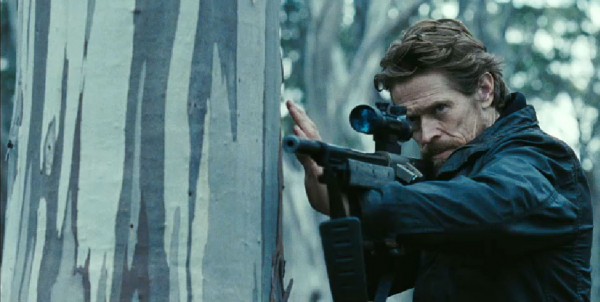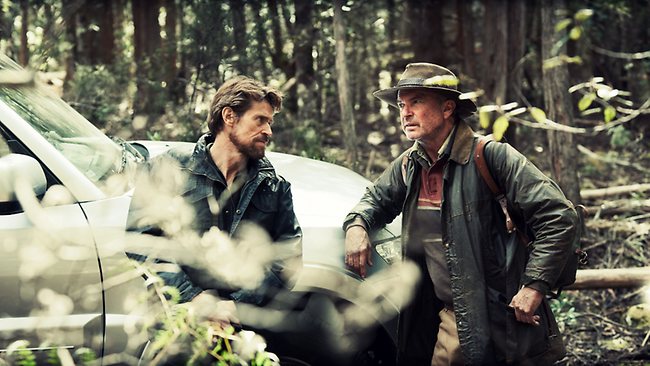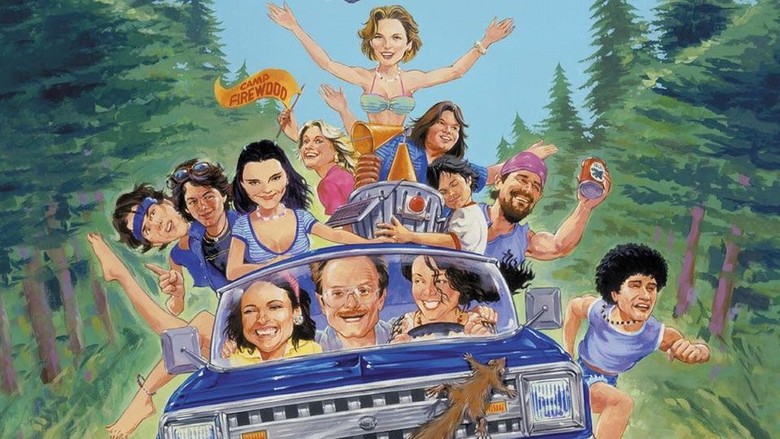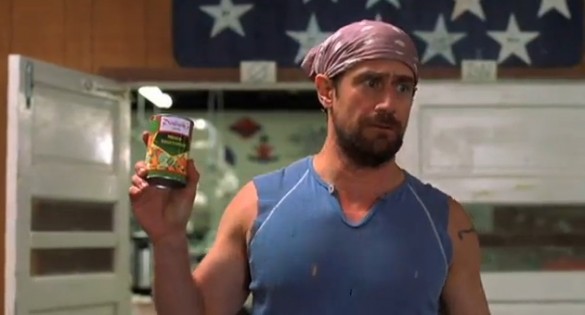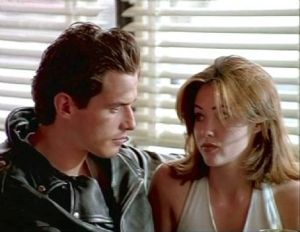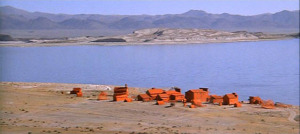Oslo, August 31st (2011)
 Tuesday, January 8, 2013 at 7:51PM
Tuesday, January 8, 2013 at 7:51PM
Directed by: Joachim Trier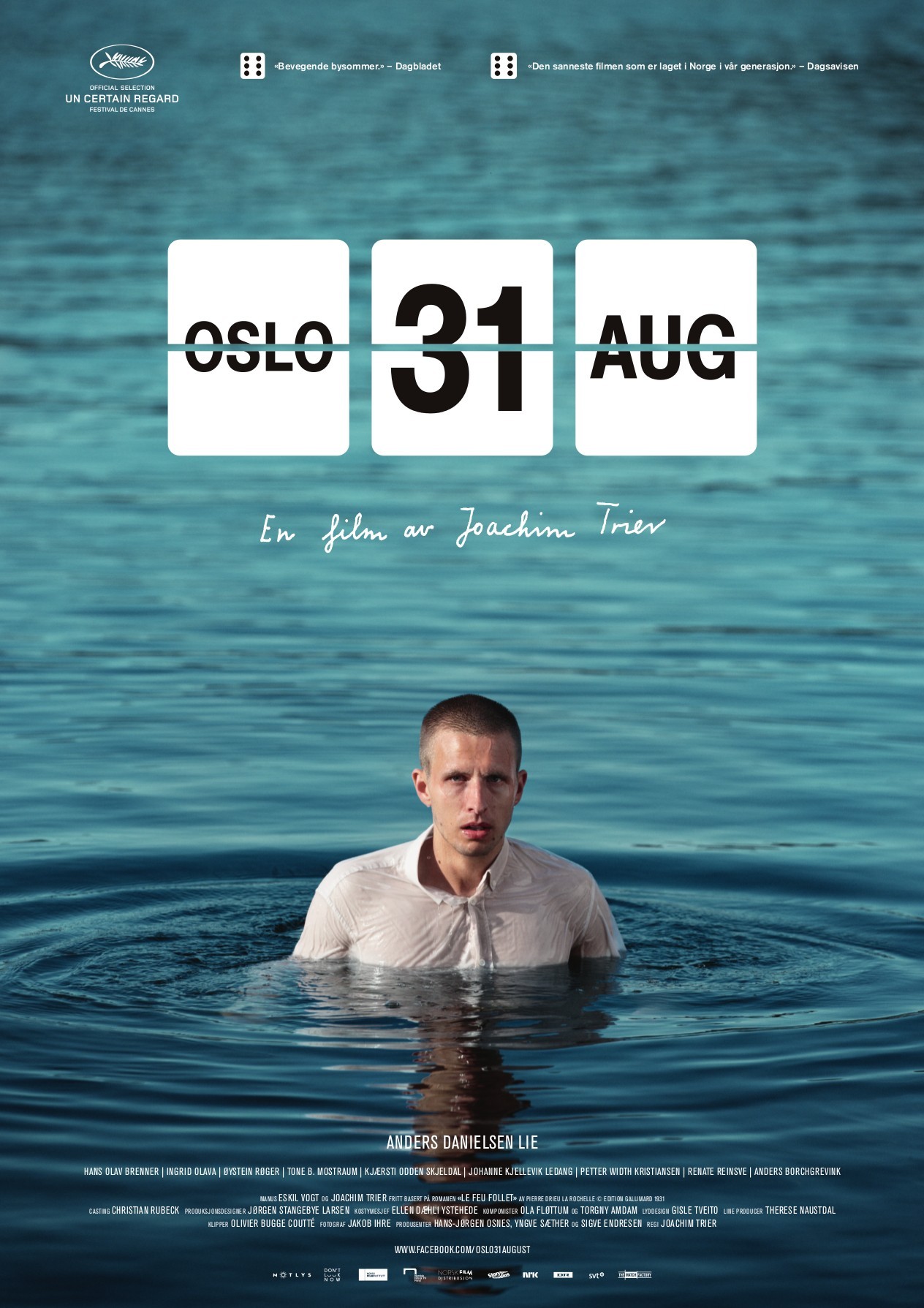
Based on the novel by: Pierre Drieu La Rochelle
Screenplay by: Joachim Trier and Eskil Vogt
Players: Anders Danielsen Lie, Hans Olav Brenner, Ingrid Olava
Setup: Gaining a day's leave from his rehab facility, Anders takes time to reunite with friends, family, and apply for a job while attempting to avoid his previous addictions.
Review: Norwegian film is something I cannot say I'm completely familiar with, not being able to even remember the last Norwegian film I actually saw. Partial joking aside however, I appreciate films from all around the world, as you can truly find a unique and unprecedented vision outside of the mainstream behemoth that is Hollywood. As big as this world is and as many different cultures and countries there are, the possibilities almost seem endless. Upon approaching Director Trier's second film, I expected another unique vision (either that or some warped take on the city of Oslo by a possible relative of Lars Von Trier).
Color me subtly pleased, as the film presents a beautifully shot character study with a wonderfully subdued post-modernistic attitude. Our main character Anders (possibly biographically played by Anders Danielsen Lie) is clearly a tortured soul right from the first act as he proceeds to drown himself in what is otherwise a gorgeous lake surrounded by a peaceful forest. After apparently failing, he proceeds back to his peaceful abode, home to what we soon discover is a rehab clinic of some sorts. From there he travels into the titular Oslo, starting with a beautiful shot through a tunnel where an awesome alternative pop song in his taxi gets louder as the city comes into view (honestly the only way I'll enter a city).
As the film progresses we delve into some fairly strong emotional territory while remaining fairly relevant to my “twenty something” nature, and hopefully to those of all ages. While he probably has some darker issues to deal with than the viewer can relate to (notably drug addiction), he also has the modern problems of dealing and reuniting with loved ones, especially after long absences bookended by difficult meetings. What makes the issues come across so well is their subtle delivery, especially made so by Lie’s performance, using solely his facial expressions to bring about feelings of shame, loss, and exile. The theme of happiness and trying to find what makes you happy permeates the film, further backing the movie’s accessibility.
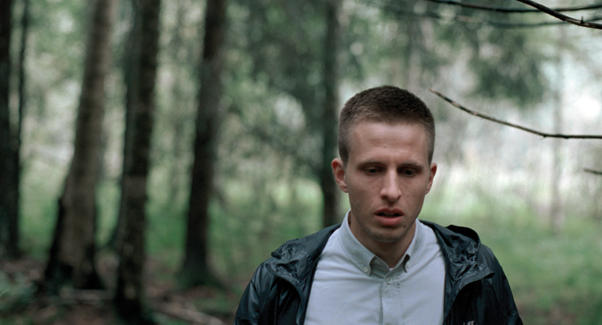
When the story progresses to its appropriate conclusion, I couldn’t help but wonder what kind of message it delivered: was it arguably nihilistic? Did it support the positive nature of life? Both seem apparent, with the subject of failure omnipresent while being set against gorgeously wondrous and dreamy visuals. As the film also uses narration from ostensibly real Oslo citizens discussing the aspects they appreciate of their fine city, one may assume it is more reflective of a people or cultural point of view on the world, with our protagonist acting as the conduit for that expression. I saw the film more than three days ago and still am not sure exactly what to make of its messaging, if any is truly meant. As it takes its time through the day in the life of Anders, one may have difficulty finding purpose in their watching of this languid and pedestrian experience. However, it is obviously not just any random day being presented; it's specifically August 31st, and if you're patient, open, and accepting of individuals with sketchy pasts, Anders is a character worth meeting.

Tidbit: This is the second collaboration with Messrs.’ Lie and Trier. If you dig this, might want to give Reprise a try.
Drink of Choice: If one is to engage in Norwegian culture, it doesn't hurt to explore their libation library. Therefore I present to you their national drink: Aquavit (from the Latin aqua vitae, “water of life”). Having never actually tried it, I can’t give you a clear interpretation of its taste. I will however be working on making my own with a recipie out of The Wall Street Journal, and hopefully to be featured soon in the Mixology section. For now, I recommend trying to make your own via the recipie here, or purchasing a bottle from North Shore Distillery.
To tide you over, check out this awesome song featured in the film.
 Drama,
Drama,  Norwegian,
Norwegian,  Smashed,
Smashed,  Streaming Roulette in
Streaming Roulette in  Streaming Roulette
Streaming Roulette 


